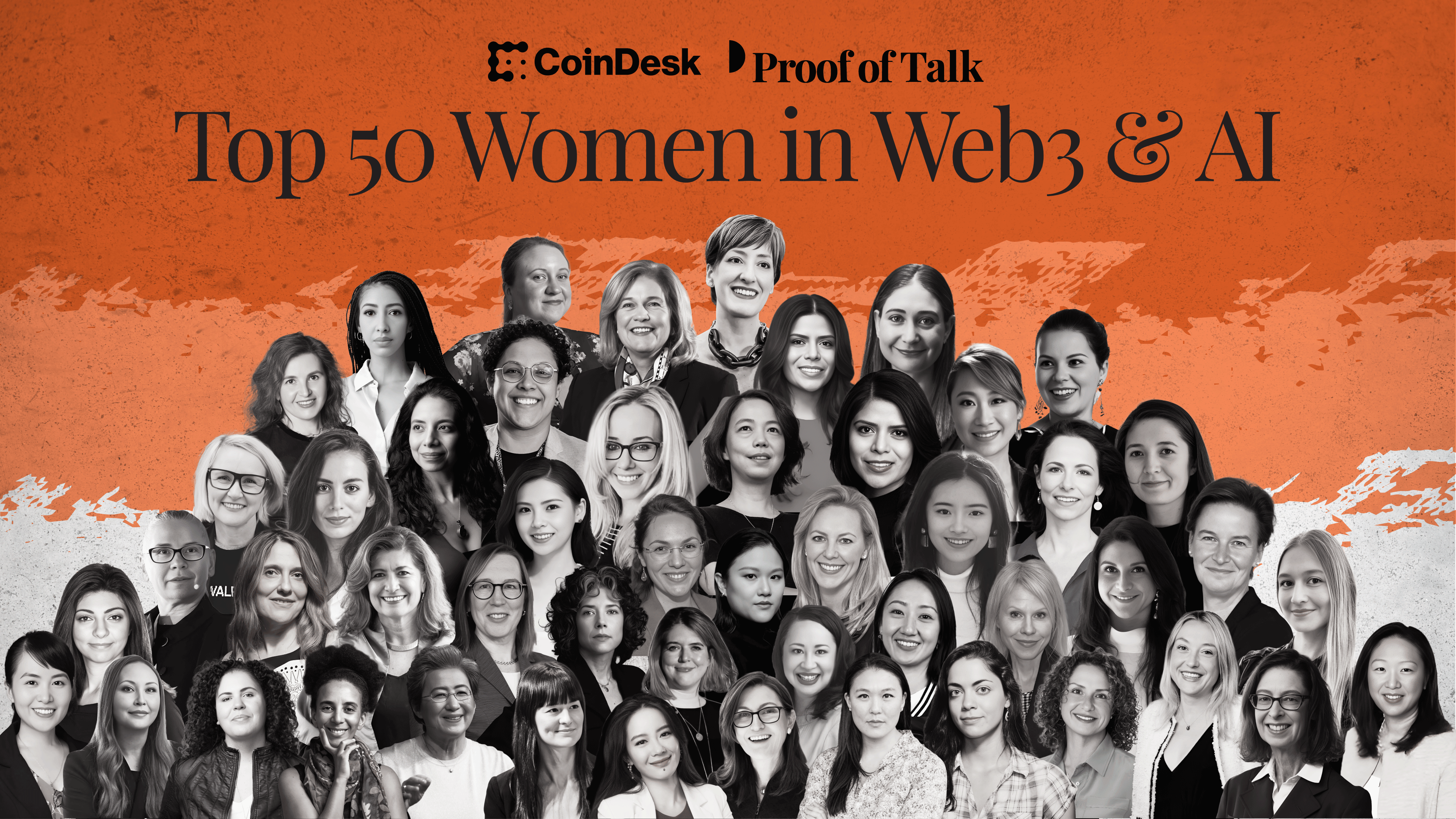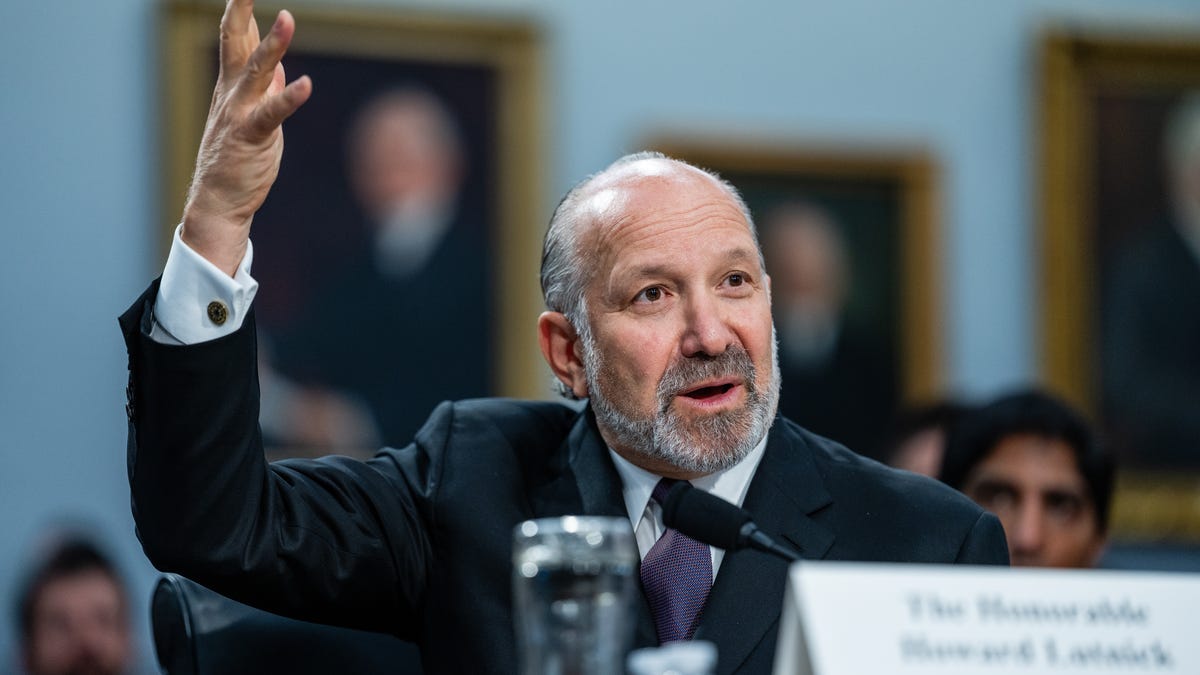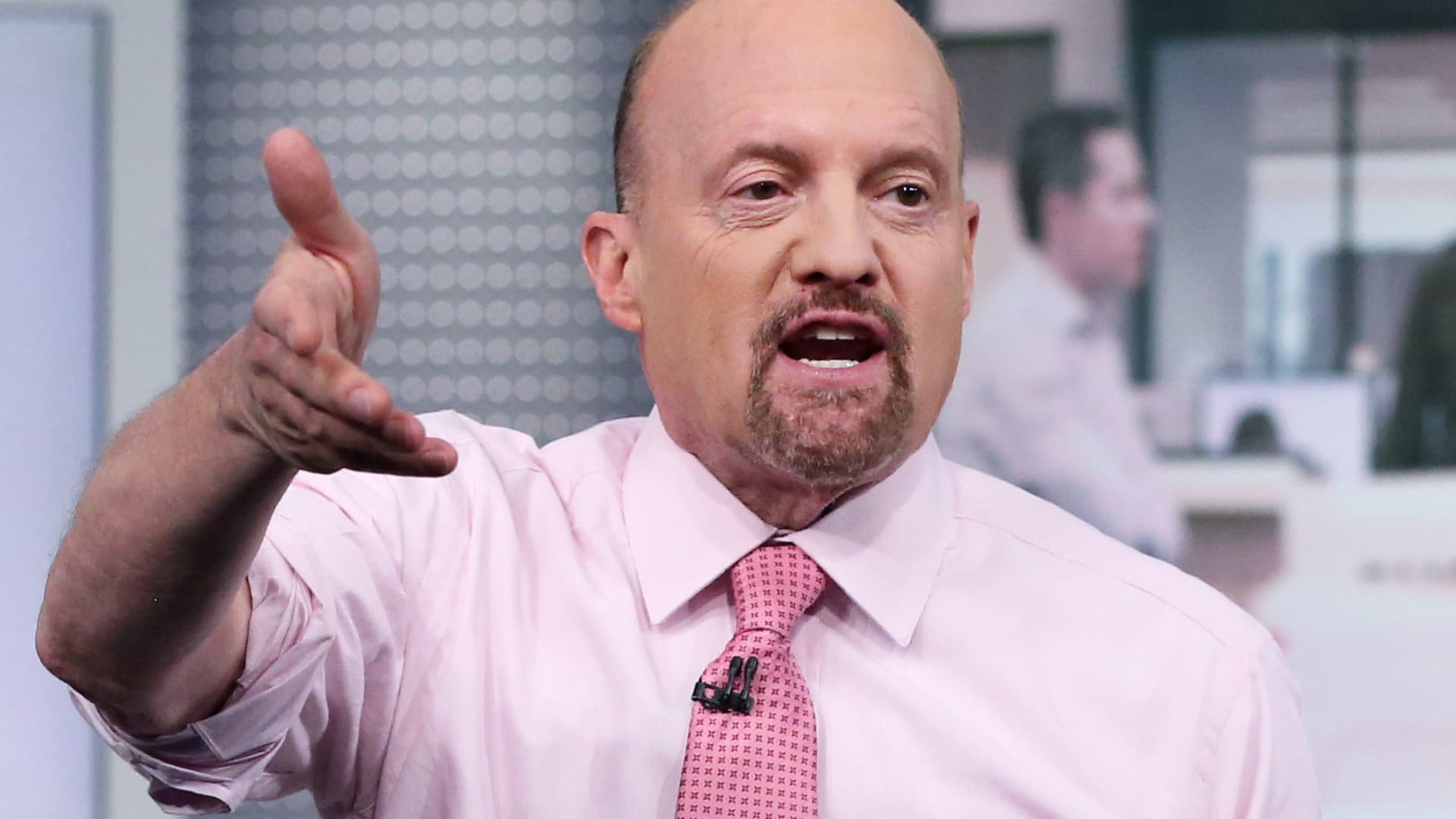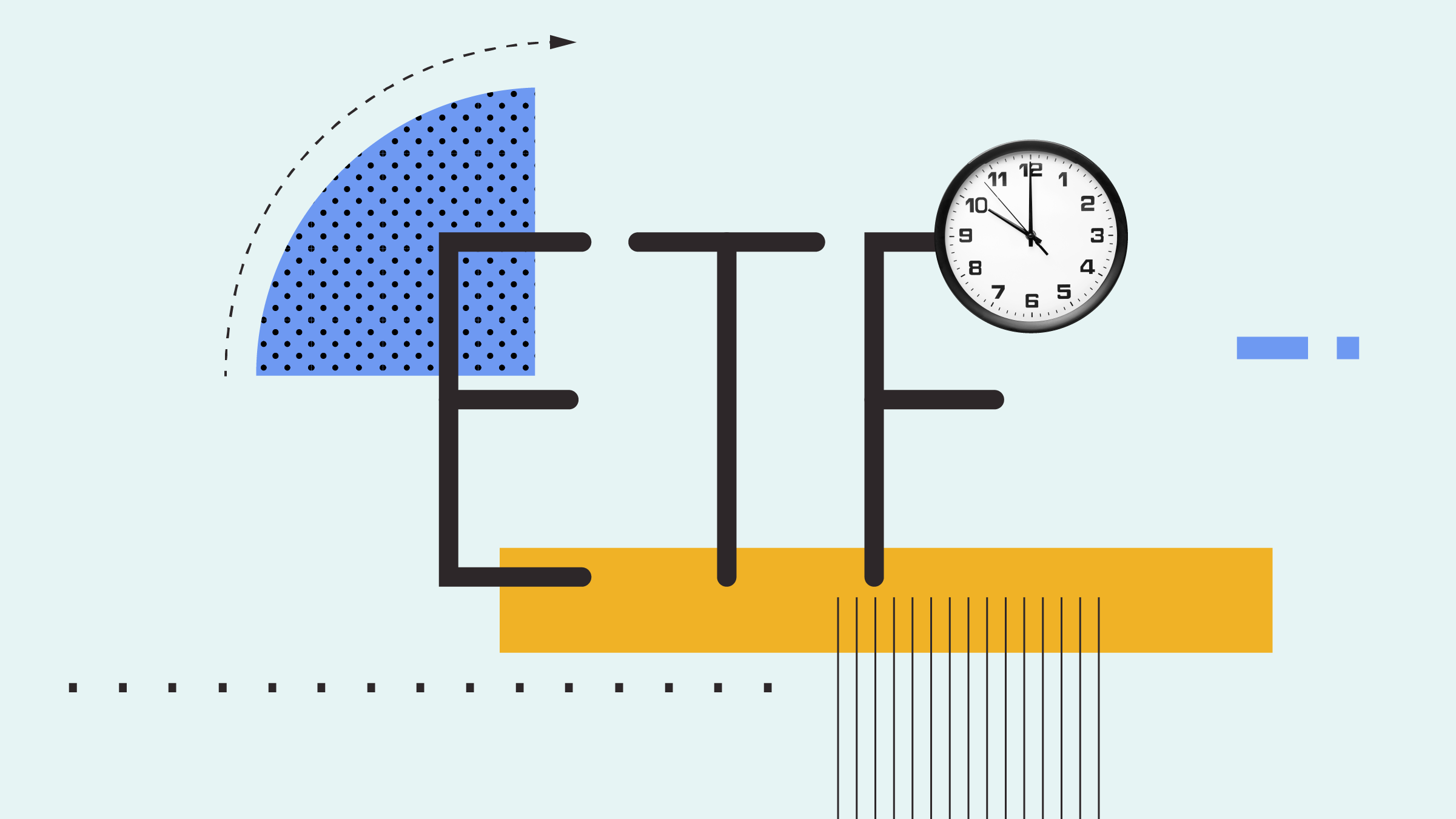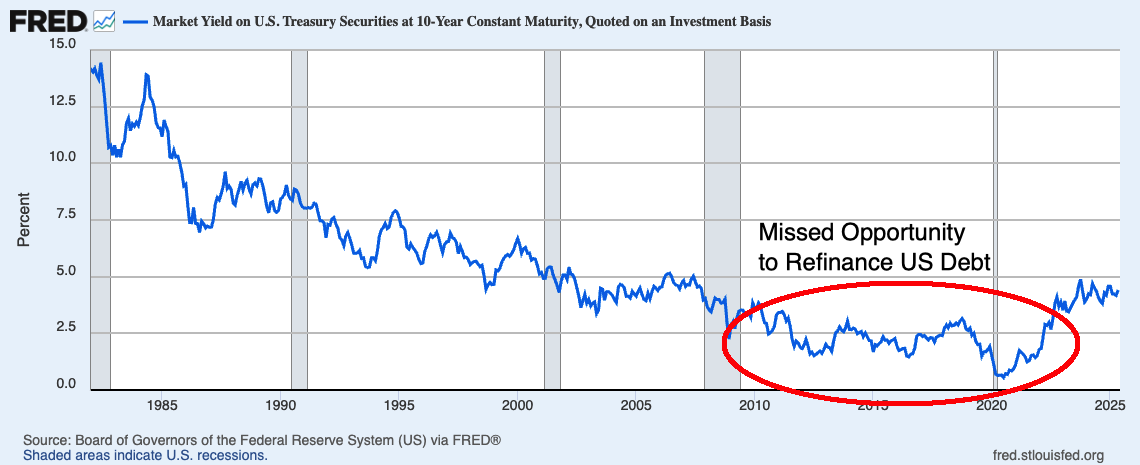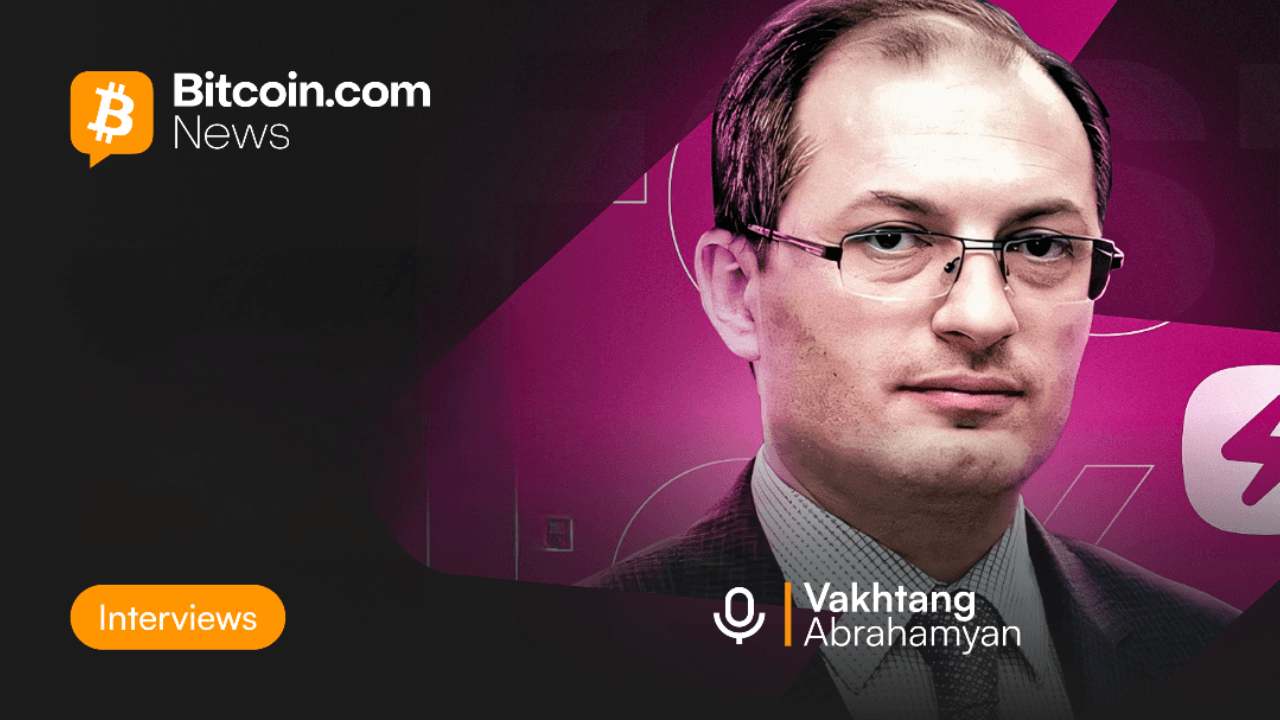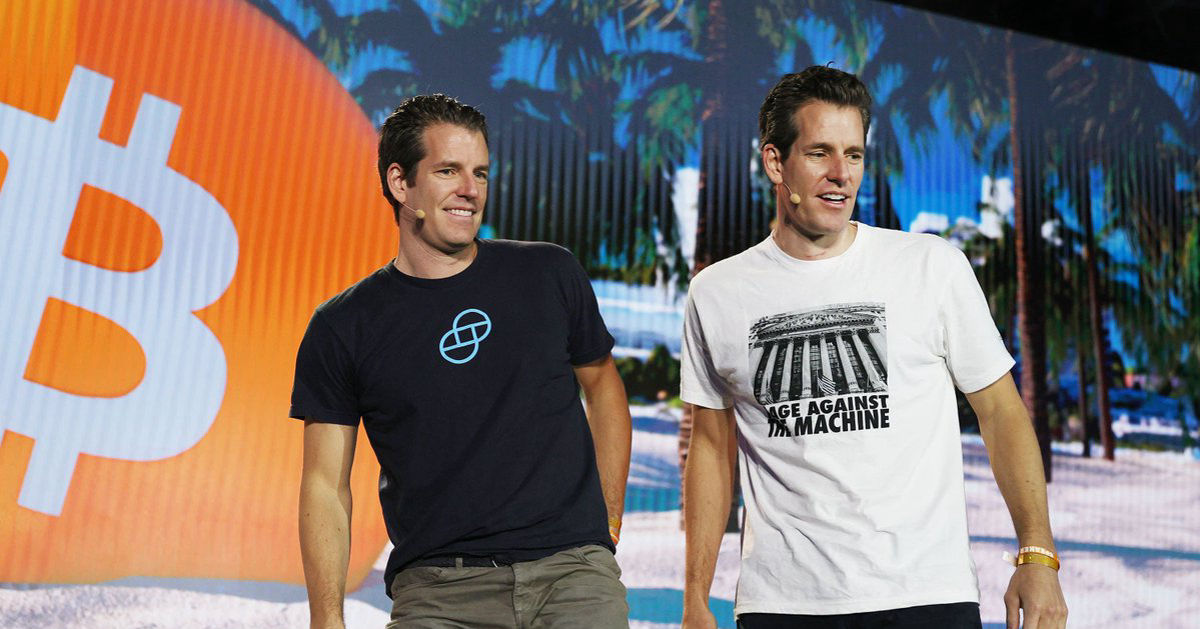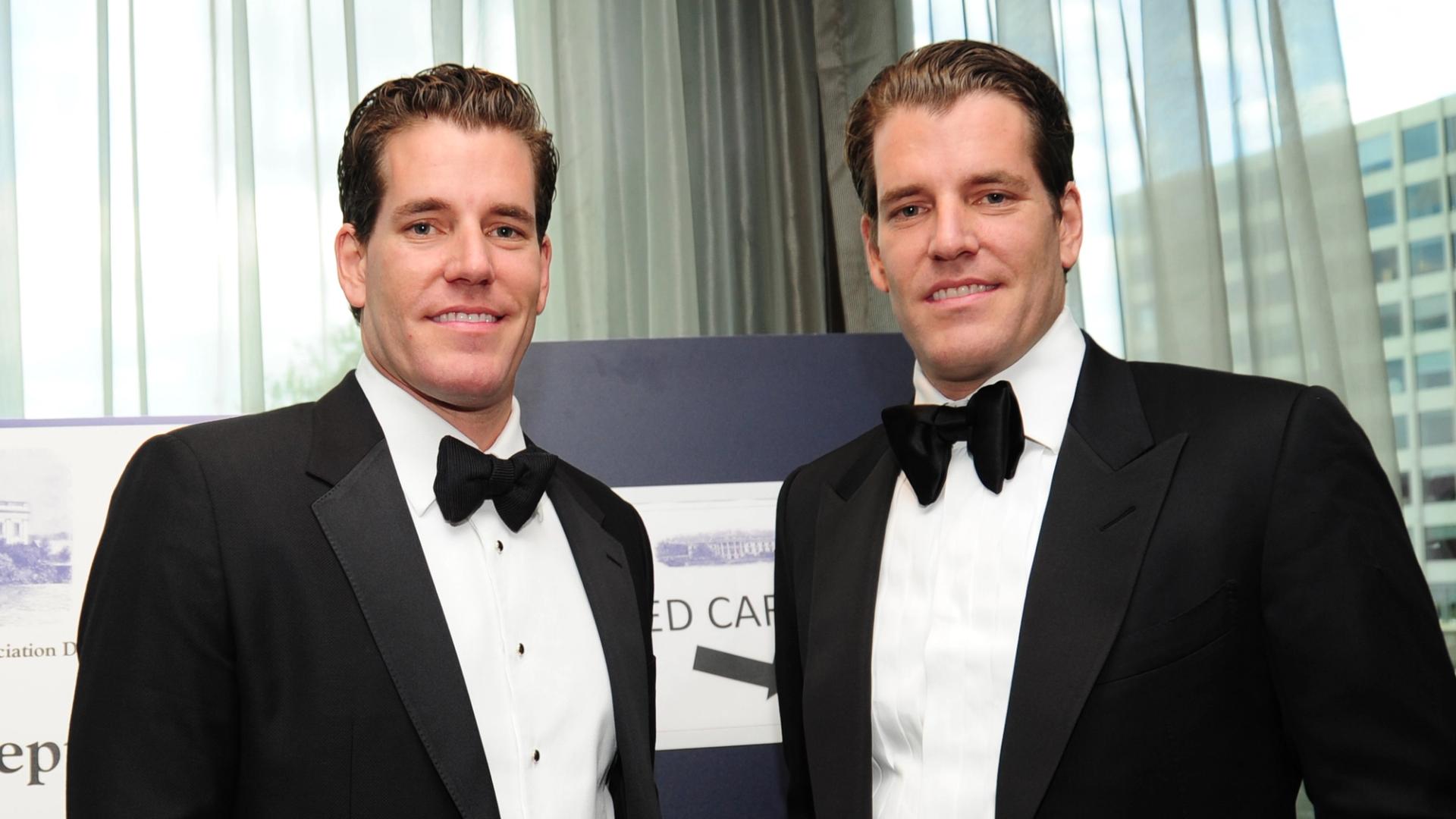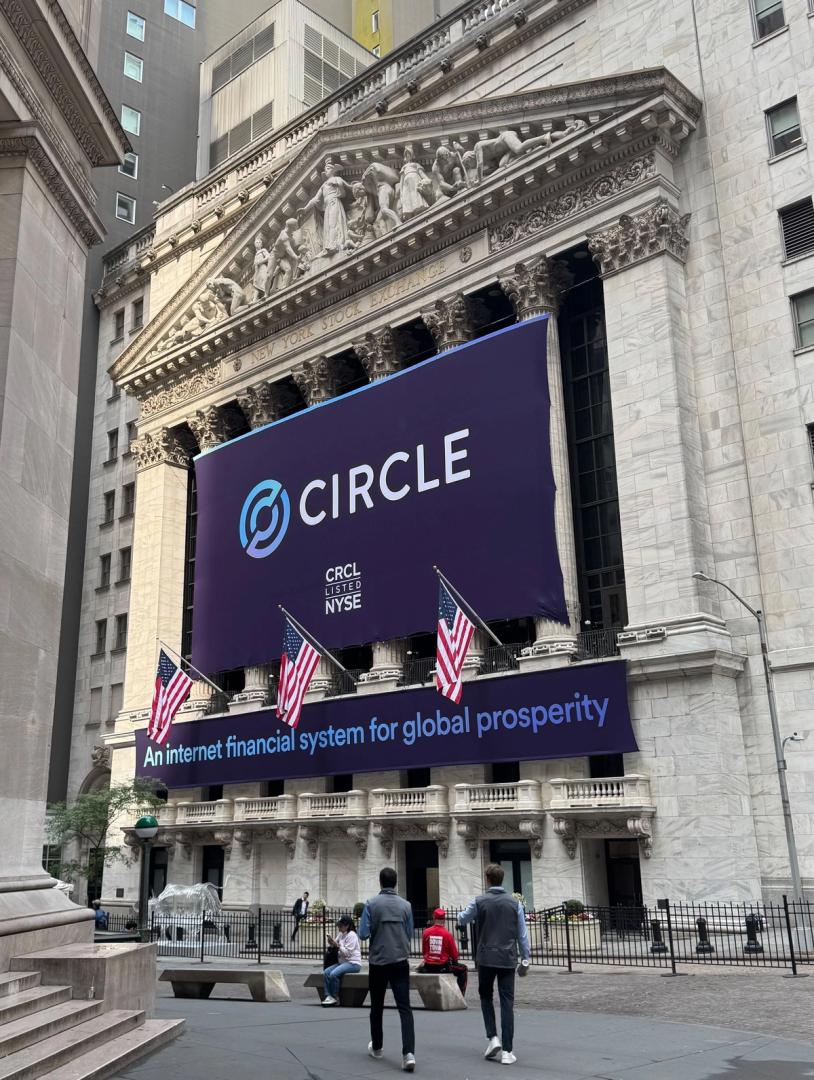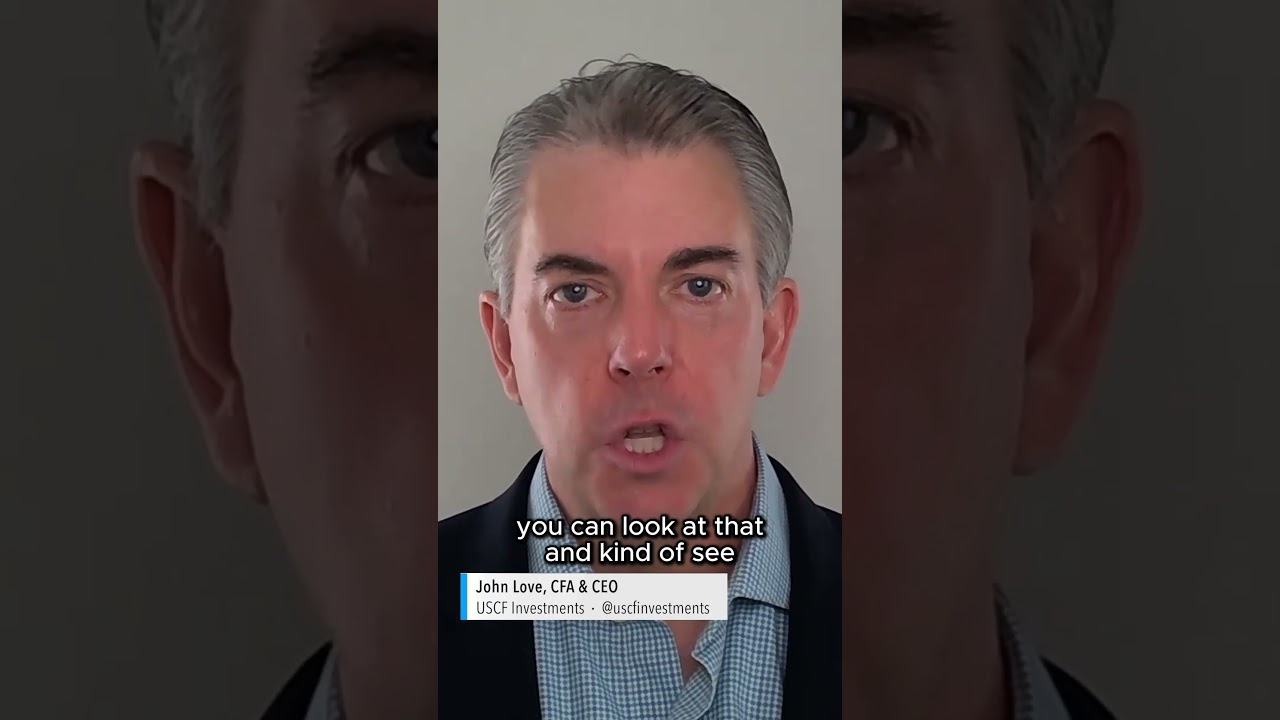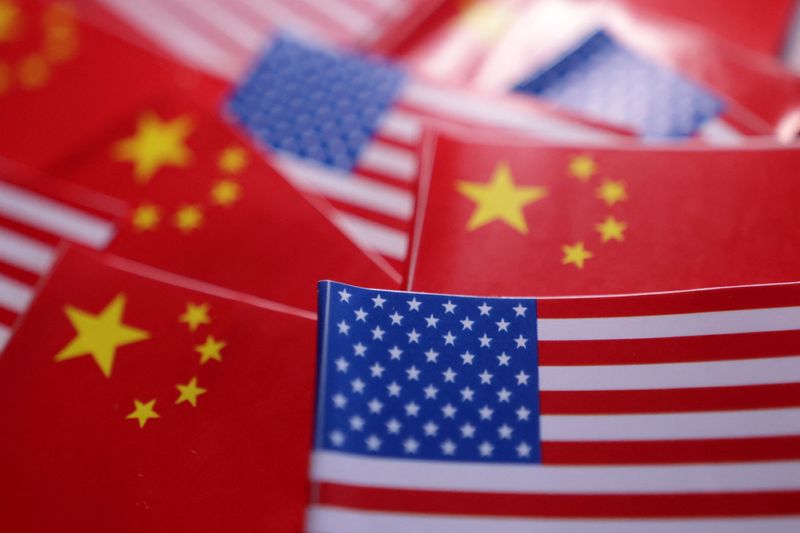Top 50 Women in Web3 and AI
A list of the most influential women in crypto and artificial intelligence, as chosen by CoinDesk, Proof of Talk and an external panel of judges.
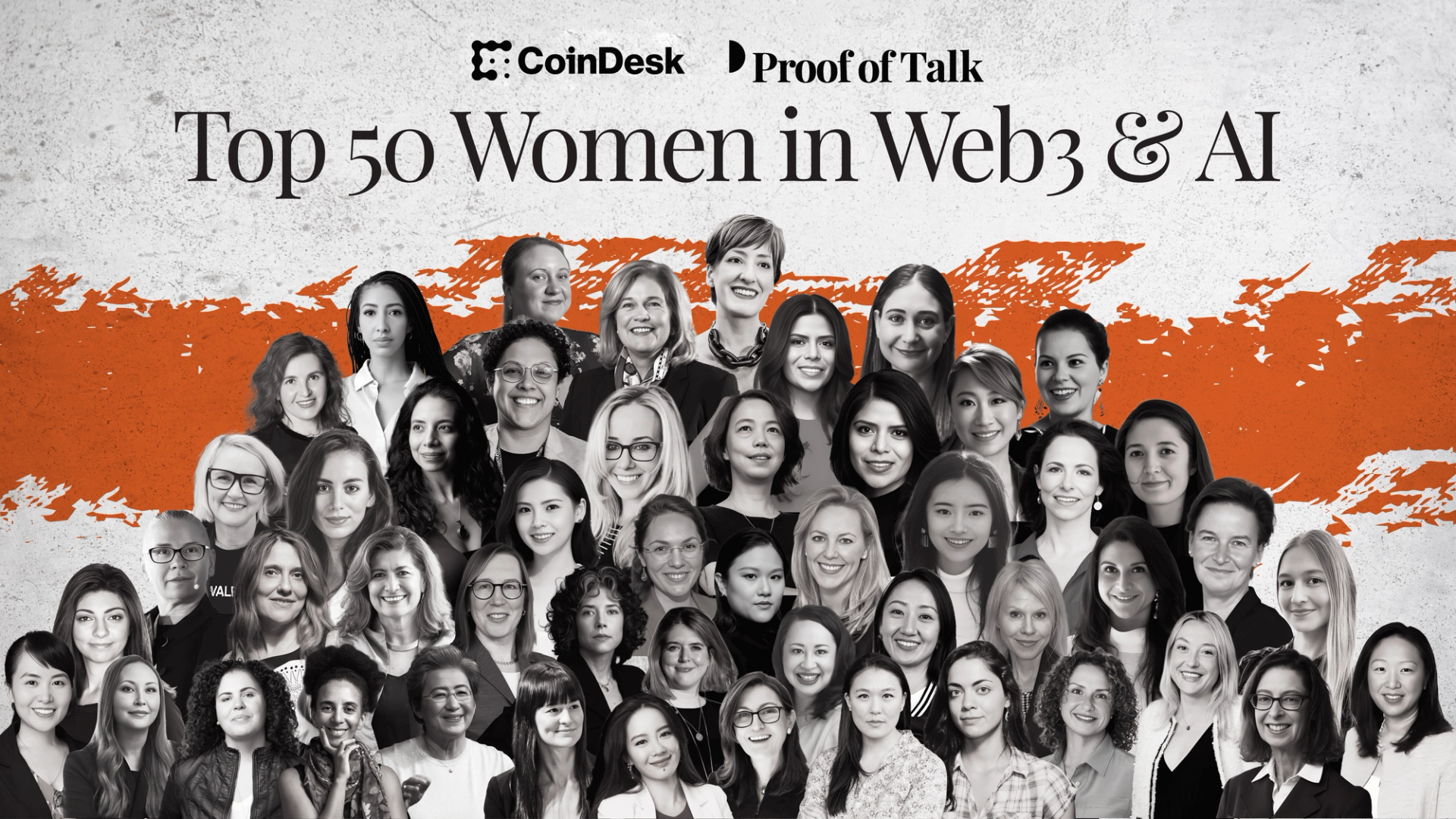
At first glance, throwing Web3 and AI into a headline might seem like a bad example of buzzword soup, the practice of media companies trying to game the algorithms (and your attention) by using a bunch of the most-searched words of the day. But CoinDesk has been following the slow integration of applications that track vast amounts of data on a public blockchain and the artificial intelligence capable of making sense of that data for a decade.
In the first-ever CoinDesk Top Women in Web3 & AI list, we consulted with a panel of women judges: Julia Bonafede, Co-Founder of investment management firm, Rosetta Analytics; Olivia Bolec, Google’s Enterprise Global Account Director; Sarah Idahosa, Founder of Women in Defi; Saruul Krause-Jentsch, Head of Podcast at Spotify for Central Europe; and Amélie M., Founder and President of the French branch of the Association of Women in Crypto.
This list was brought to life through a collaboration between CoinDesk and Proof of Talk, hosted by XVentures.
To help ensure the list selection process was as unbiased as possible we sought out multiple, diverse perspectives. An initial public outreach on social media platforms and to our deeply sourced expert analysts, resulted in more than 300 nominations from every geographic region. After removing the name and contact information from each nomination, CoinDesk’s editorial board narrowed the candidates to 100 semifinalists. A panel of five judges then reviewed the resulting list of semifinalists, looking for the rare combination of innovation, relevancy and influence. Each judge closely reviewed 20 candidates, providing crucial feedback for the final selection process.
Rather than focusing exclusively on technical innovation, the list recognizes that the development of emerging technologies involves multiple types of expertise—from product development and business strategy to regulatory compliance and ethical frameworks. As both Web3 and AI move from experimental phases toward broader adoption, these diverse perspectives become increasingly important.
For a fuller explanation of the methodology, please see here.
Daniela Amodei, Anthropic, Co-founder and President
Amodei is an architect of responsible AI development, having co-founded Anthropic in 2021 after her principled departure from OpenAI over safety concerns. Under her leadership, the company has achieved a remarkable $61.5 billion valuation through pioneering "Constitutional AI" methodologies and securing major partnerships with Amazon ($8 billion) and the U.K. government. Amodei's commitment to "igniting a race to the top on safety" positions her as the defining voice in an industry grappling with the balance between innovation and responsibility.
Anima Anandkumar, California Institute of Technology, Bren Professor of Computing and Mathematical Sciences
Anandkumar has fundamentally transformed scientific computing through her groundbreaking "Neural Operators" framework, which accelerates climate simulations by an astonishing 45,000 times compared to traditional methods. Her vision centers on democratizing complex scientific modeling, making supercomputer-level simulations accessible on consumer hardware to accelerate solutions for global challenges like climate change.
Teana Baker-Taylor, Venice.ai, Co-founder & COO
Teana Baker-Taylor leverages extensive go-to-market expertise from senior roles at Circle, Crypto.com, and Binance to drive Venice.ai's mission for uncensored, privacy-first AI. The platform has achieved rapid growth to over 930,000 registered users in its first year, demonstrating significant market demand for decentralized AI alternatives. Baker-Taylor's vision extends to shaping AI frameworks that preserve user sovereignty and free speech in an increasingly surveilled digital landscape.
Regina Barzilay, MIT Computer Science & AI Lab (CSAIL), Professor
As a cancer survivor, Barzilay co-published groundbreaking research in 2020 that used artificial intelligence to detect breast cancer years before traditional diagnoses. A MacArthur Genius Fellow since 2017 and MIT professor of 22 years, her influence continues to grow. Her influential 2020 paper on using deep learning for antibiotic research has garnered over 2,300 citations on Google Scholar, contributing to her impressive total citation count of more than 43,000.
Betsabe Botaitis, Hedera, Chief Financial Officer
The Mexico-born banking prodigy who became a certified teller at 15 following the 1994 Tequila Crisis has channeled her firsthand experience with financial instability into championing blockchain's potential for economic equality. Her 15-year journey from Citigroup through major BNPL platforms to Hedera's CFO role demonstrates a rare ability to bridge traditional finance with Web3 innovation, particularly in advancing Central Bank Digital Currencies and microfinance solutions. Botaitis embodies Web3's disruptive promise with her audacious vision of creating decentralized systems so efficient that her own CFO role would become obsolete, while Hedera's low-fee network serves financial inclusion initiatives across Africa and beyond.
Stéphanie Cabossioras, Société Générale, Secretary General, France
The former French regulator who contributed to the crypto framework that "very largely inspired" the European MiCA Regulation has become an influential voice in institutional digital assets. Cabossioras successfully organized a 600-attendee blockchain conference at the French Ministry of Economy, securing pro-blockchain commitments from government officials and demonstrating her ability to build bridges between regulators and innovators. Societe Generale-Forge, the bank’s digital assets arm, recently signed a deal with BCB Markets to distribute its euro-linked stablecoin EURCV.
Eowyn Chen, Trust Wallet, CEO
The Harvard-educated former Binance marketing executive has transformed Trust Wallet into the world's leading self-custody platform, scaling from 40 million to over 200 million users while maintaining strict principles of decentralization and user sovereignty. Chen's 2025 roadmap integrates AI-powered security enhancements and simplified user experiences, positioning Trust Wallet as a "personal companion" that makes Web3 as intuitive as traditional applications while preserving individual control over digital assets.
Gracy Chen, Bitget, CEO
Chen started her career in crypto as a host on Phoenix TV, a Chinese television station. After becoming an early investor in what was then called Bitkeep, Chen became its first managing director, and was then promoted to CEO in May 2024. Since her promotion, Bitget has grown from 20 million users to 120 million. It now conducts more than $2 billion a day with $6.8 billion in assets, making it the sixth largest crypto exchange, according to CoinMarketCap. Bitget also has a $100 million fund to invest in Asian crypto startups. More than half of her managerial team are women.
Samara Cohen, BlackRock, CIO of ETF and Index investments
A Harvard Business School graduate, Samara Cohen serves as Chief Investment Officer of ETF and Index Investments at BlackRock, the world’s largest asset manager. She has played a key leadership role in the success of the iShares Bitcoin Trust ETF (IBIT), which has rapidly become one of the top-performing Bitcoin ETFs by assets under management. Cohen has publicly emphasized institutional investors’ strong focus on Bitcoin, a stance that continues to influence market dynamics. Her support for asset tokenization underscores BlackRock’s growing commitment to innovation in digital finance.
Emilie Choi, Coinbase, President and COO
The former LinkedIn VP has scaled Coinbase into a public company achieving incredible revenue growth and seven consecutive quarters of positive EBITDA through strategic operational leadership. Choi's background in traditional tech M&A, combined with her role in Coinbase's NASDAQ listing, exemplifies the professional maturation required for crypto's transition from speculative venture to mainstream financial infrastructure. She continues to be central in shaping Coinbase as a durable, publicly accountable infrastructure provider for digital assets.
Delphine Forma, Solidus Labs, Head of Policy Europe
Head of Policy Europe at Solidus Labs, Delphine Forma has become a figure in crypto compliance education through founding the 2,000-member Crypto Compliance and Legal TG group and hosting influential podcasts like "MiCA Masters." Her extensive background spanning traditional banks like HSBC and crypto pioneers like BitMEX provides crucial bridge-building expertise. Forma's proactive approach to regulatory dialogue and her emphasis on "market integrity" as competitive advantage positions her as a key architect of the institutional-grade compliance infrastructure necessary for mainstream crypto adoption.
Pascale Fung, Hong Kong University of Science & Technology, Professor
At Hong Kong University of Science and Technology, Professor Pascale Fung leads the Center for AI Research (CAiRE), where she’s been pushing the boundaries of what machines can understand—and feel—for decades. A trailblazer in multilingual voice assistants and emotional AI, Fung has become a key voice for ethical tech in Asia, advising everyone from the United Nations to the Global Partnership on AI. Back in 2001, she helped launch the world’s first Chinese natural language search engine, and in 2017, she introduced an emotionally intelligent speaker that could detect human moods. Today, her research zeroes in on linguistic bias and safety for underrepresented languages. An elected IEEE Fellow, she even met privately with Pope Francis to discuss the moral dimensions of AI.
Timnit Gebru, Founder & Executive Director, The Distributed AI Research Institute
Timnit Gebru is a leading figure in AI ethics, known for her work on algorithmic bias and advocacy for diversity in technology. She co-founded Black in AI to support Black professionals in the field and served as co-lead of Google's Ethical AI team until her controversial departure in 2020 following a dispute over a paper highlighting risks of large language models. In response, she established the Distributed Artificial Intelligence Research Institute (DAIR), focusing on community-rooted AI research and challenging prevailing power structures in tech. Gebru's contributions have earned her recognition from Nature and Time as one of the most influential people shaping science and technology.
Demi Guo, Pika Labs, Founder
Demi Guo is the co-founder and CEO of Pika Labs, an AI startup specializing in generative video technology. After earning a B.A. in Mathematics and an M.S. in Computer Science from Harvard, she pursued a Ph.D. at Stanford University, focusing on the intersection of natural language processing and graphics, before leaving to launch Pika. In November 2023, Pika raised $55 million from investors including Lightspeed Venture Partners, positioning itself as a competitor to OpenAI's video generation models. Guo's vision centers on augmenting creativity through AI, aiming to empower artists rather than replace them.
Karen Hao, Investigative Journalist & Author
Karen Hao is an award-winning journalist renowned for her incisive reporting on artificial intelligence and its societal impacts. With a background in mechanical engineering from MIT, she transitioned into journalism, serving as a senior AI editor at MIT Technology Review and later as a foreign correspondent for The Wall Street Journal, focusing on AI and technology in China. In May 2025, she published “Empire of AI: Dreams and Nightmares in Sam Altman's OpenAI,” a critical examination of OpenAI's evolution and the broader implications of AGI development. Beyond her writing, Hao leads the Pulitzer Center’s AI Spotlight Series, training journalists worldwide to effectively cover AI-related topics.
Kathryn Haun, Haun Ventures, Founder and CEO
Founder and CEO of Haun Ventures, Kathryn Haun leveraged her unique background as a federal prosecutor who created the government's first cryptocurrency task force into creating her own venture fund. As a former Coinbase board member, Haun continues advocating for balanced regulation that fosters innovation within the United States. Today, Haun is a prominent advocate for thoughtful, innovation-friendly crypto regulation in the U.S., engaging with policymakers to shape frameworks that balance enforcement with entrepreneurial freedom. Her fund backs infrastructure, governance, and consumer-facing crypto projects with a focus on long-term impact.
Yang Hongxia, Hong Kong Polytechnic University, Professor
A former leading AI scientist at Alibaba and ByteDance, Professor Yang Hongxia now spearheads groundbreaking research at The Hong Kong Polytechnic University (PolyU). At PolyU, she champions a decentralized approach to AI, developing the "Model-over-Models" paradigm (InfiFusion) to enhance the accessibility and efficiency of large language models. Her innovative work is poised to democratize AI development, bridging the gap between cutting-edge technology and practical applications across various industries, from healthcare to finance.
Wang Hsiao-Wei, Ethereum Foundation, Co-executive director
Rising from a researcher to co-executive director at the Ethereum Foundation, Hsiao-Wei Wang has been instrumental in Ethereum's evolution since 2017. Her technical leadership contributed to pivotal projects like the Beacon Chain and The Merge, while her advocacy has amplified Asian developer voices within the global community. Now, she steers Ethereum's future, balancing innovation with inclusivity.
Lila Ibrahim, Google DeepMind, Chief Operating Officer
From designing Pentium processors at Intel to steering AI breakthroughs at Google DeepMind, Lila Ibrahim's career epitomizes tech leadership. As the Chief Operating Officer, she is responsible for bringing together outside perspectives to Google DeepMind to ensure AlphaFold was built responsibly and could benefit the many communities Google serves. Ibrahim's commitment to ethical AI development and her advocacy for diversity in STEM have solidified her as a pivotal figure in shaping the future of artificial intelligence.
Abigail Johnson, Fidelity, Chairman & CEO
As Fidelity's Chairman and CEO since 2014, Abigail Johnson spearheaded the firm's early entry into the digital asset space, initiating Bitcoin mining exploration, and digital assets research and education in 2014. Under her leadership, Fidelity launched Fidelity Digital Assets in 2019, offering institutional crypto custody and trading services. In January 2024, Fidelity further solidified its crypto market position by introducing a spot Bitcoin ETP, followed by an Ethereum ETP later that year. With Fidelity continuing to file for new blockchain-based funds and explore tokenized finance, Johnson appears poised to shape how traditional finance integrates with decentralized infrastructure.
Jenny Johnson, Franklin Templeton, President & CEO
Since becoming CEO in 2020, Johnson has led Franklin Templeton at the forefront of tradfi’s blockchain integration. She oversaw the launch of the Franklin OnChain U.S. Government Money Fund, one of the first tokenized money market funds, now available on multiple blockchains including Ethereum and Solana. In 2024, the firm introduced a spot Bitcoin ETF, and in early 2025, filed for a Solana ETF that includes staking features. Johnson envisions a future where all mutual funds and ETFs are tokenized, citing blockchain's efficiency and cost-saving potential.
Rana el Kaliouby, Smart Eye, Deputy CEO
A pioneer in Emotion AI, Rana el Kaliouby co-founded Affectiva as a spin-off from the MIT Media Lab, leading its development of emotion recognition technology. Following the company’s acquisition by Smart Eye in 2021, she became Deputy CEO, contributing to the expansion of driver monitoring systems now deployed in over 1 million vehicles. A Cambridge-trained computer scientist with a Ph.D. from the University of Cambridge, el Kaliouby continues to advocate for human-centric AI through her leadership at Blue Tulip Ventures, helping shape an ethical future for artificial intelligence.
Yasmina Kazitani, Blockchain Game Alliance, Co-President
In addition to helping the Blockchain Game Alliance spread awareness of web3 gaming around the world, , Kazitani is the co-founder and chief marketing officer of the Numidia Valley Africa Future Club, specifically helping turn Africa into a global leader in web3 gaming. In April, the Algerian Ministry of Strategy and Knowledge and metaverse startup Lamina1 announced a partnership with Numidia Valley to expand North Africa’s work in web3 gaming, sports and entertainment.
Anna Kazlauskas, Vana Co-Founder
An alum of MIT’s Computer Science and Artificial Intelligence Laboratory, Kazlauskas was already well versed in AI in 2021, when she became one of the pioneers of decentralized AI by co-founding Vana, to help reward people for contributing valuable data to AI models. In April Vana, which lets users pool and govern their data in unions, released a token-standard for digital assets backed by data and the following month announced $25 million in funding from Coinbase Ventures, Paradigm and Polychain.
Fei-Fei Li, Stanford Human-Centered AI Institute, Co-Director
Li is renowned for her pioneering work in artificial intelligence, particularly in computer vision. She spearheaded the creation of ImageNet, a 15-million-image dataset that revolutionized the field. Li served as the Chief Scientist of AI/ML at Google Cloud and now co-directs Stanford's Human-Centered AI Institute, advocating for ethical and human-centered AI development. Her contributions have earned her the moniker "godmother of AI," reflecting her influence on the discipline's direction.
Lily Liu, Solana Foundation, President
Liu is the president of the Solana Foundation, where she works closely with founders, developers, and institutions to help scale adoption of the Solana network globally. The foundation has given out $100 million in grants to more than 500 projects, helping grow SOL to a $80 billion market value. The McKinsey alum exploded on to the crypto scene in 2015 when she co-founded Earn.com, a way to book meetings with thought leaders in exchange for bitcoin, which was later acquired by Coinbase.
Caitlin Long, Custodia Bank, Founder and CEO
Among the earliest TradFi adopters of bitcoin, Long made a huge splash in 2016 when she left Morgan Stanely to join enterprise blockchain startup, Symbiont. After helping craft Wyoming’s trend-setting regulation allowing for state-chartered banks with fully-reserved deposits to hold bitcoin, she founded Custodia Bank to do just that. In 2021, Custodia raised $37 million. In May, Custodia helped a logistics company send payments to Mexico using a stablecoin and is active on social media trying to get U.S. leaders to change the way banks using crypto are regulated. She’s also become an outspoken critic of the way regulators under both the Biden and Trump administration have handed bank access to Federal Reserve accounts.
Cynthia Lo Bessette, Fidelity Investments, Head of Digital Assets Management
Lo Bessette is the head of Fidelity’s Digital Asset Management division, where she helps manage the company’s strategies for building new kinds of digital asset investments. In January 2024 her team launched one of the first spot Bitcoin ETPs in the U.S., which now has over $18 billion in net assets. A SEC filing from March 2025 indicates Fidelity filed a preliminary registration statement for an on-chain class of its digital treasury fund.
Murati Mira, Thinking Machines, Founder
Mira Murati, an Albanian-American engineer, has been a pivotal figure in the advancement of artificial intelligence. After earning degrees from Colby College and Dartmouth's Thayer School of Engineering, she contributed to Tesla's Model X and led product development at Leap Motion. Joining OpenAI in 2018, Murati rose to Chief Technology Officer by 2022, overseeing the development of groundbreaking tools like ChatGPT, DALL·E, and Codex, and briefly served as interim CEO during a leadership transition. In 2025, she founded Thinking Machines Lab, aiming to create AI systems that are more understandable, customizable, and capable, attracting top talent and significant investment, with the company reportedly valued at over $10 billion.
Margaret Mitchell, Hugging Face, Chief Ethics Scientist
Mitchell is the Chief Ethics Scientist at Hugging Face, an open-source AI software platform that has raised more than $395 million, reportedly at a $4.5 billion valuation. There’s now more than 50,000 organizations using Hugging Face, including Meta, Amazon and Microsoft, and in April, Hugging Face bought open-source firm, Pollen Robotics. Her research has been cited 28,000 times, according to Google Scholar, with more than 50 papers that have been cited 50 times. Not counting papers she wrote using the pen name, Shmargaret Shmitchell, which she says she used for work related to an event.
Safiya Noble, UCLA Professor
Noble is UCLA’s David O. Sears Presidential Endowed Chair of Social Sciences and Professor of Gender Studies, African American Studies, and Information Studies. In 2018, she published “Algorithms of Oppression,” on algorithmic harm in commercial search engine. That year, her research was cited 200 times, according to Google Scholar, enough to garner her headlines around the world. Her research has only gained in importance. In 2021, the same year she became a MacArthur Foundation Fellow, the paper was cited 1,300 times and last year, more than 1,800 times. Collectively, her work has been cited more than 11,000 times.
Maja Pantic, Imperial College London, Professor of AI
In June, Meta AI’s former Generative AI Research Director joined U.K. banking giant NatWest Group as its first ever chief AI research officer, serving its 19 million customers. Pantic will help the bank integrate state-of-the-art AI use cases including identifying deepfakes and implementing a responsible generative AI strategy. She’s authored more than 500 papers with more than 57,000 citations and more than 40 PhD students have graduated from her classes so far.
Heloisa Passos de Sousa, Trexx, Founder & CEO
Passos de Sousa is the founder & CEO of Trexx, a loyalty and engagement platform for the gaming market. In October the São Paulo-based firm launched its Trexx Appchain that rewards gamers for accomplishing certain tasks and is building software that would let borrowers use gaming assets as collateral to take out small loans. Last year they were recognized by the Visa Everywhere Initiative for work exploring how to potentially use gaming assets as a loyalty reward for prepaid cards.
Hester Peirce, SEC, Commissioner
After being appointed by President Trump in 2018, Peirce often publicly disagreed with some of her fellow regulator's anti-bitcoin stances. Following Trump’s re-election, she now leads the SEC's Crypto Task Force and is helping change the way the regulator enforces crypto regulations. Following her appointment, she listed ten items the SEC needs to focus on, including clarifying the security status of digital assets, and in May she met with leaders from Fidelity, Nasdaq, Franklin Templeton, BlackRock, Apollo, and the DTCC to discuss the shift of traditional assets onto blockchains.
Johnna Powell, DTCC, Global Head of Technology, Research and Innovation
As Managing Director, and Head of Technology, Research and Innovation at the Depository Trust & Clearing Corporation (DTCC), Powell is a key figure at a financial infrastructure giant that processed $3.7 quadrillion worth of securities in 2024. After two years as ConsenSys global co-head of NFTs, she now leads the DTCC team responsible for building the DTCC’s Digital Asset Launchpad, building blockchain pilots with a clear path to production. Working in close partnership with every DTCC department she spearheaded DTCC’s AI strategy and policies, most recently, a ChatGPT-like bot helping clients calculate and document risks.
Gabriela Ramos, United Nations Educational, Scientific and Cultural Organization (UNESCO), Assistant Director-General
Ramos coordinated UNESCO’s Recommendation on the Ethics of AI, adopted by 193 countries in 2021. Since then, the recommendation has become the backbone of the Global AI Ethics and Governance Observatory, an organization that helps guide international policymakers and regulators, most recently in India and Brazil. The Observatory regularly publishes reports on nations’ preparedness for AI and hosts the Women4Ethical AI working group.
Verena Ross, European Securities and Markets Authority (ESMA), Chair
Over the course of the nearly four years Ross has been at the helm of the regulator she’s quietly become one of the most influential people in both traditional and crypto markets regulation. In December, her agency published the last documents detailing the application of major new legislation, called Markets in Crypto Assets Regulation (MiCA), designed to clarify what is required of crypto companies doing business in all 27 European nations, including disclosing potential risks to investors. She’s now leading ESMA’s work with the savings and investment union, advocating for her agency to have expanded supervisory powers.
Daniela Rus, CSAIL Director, Liquid AI Co-Founder
Liquid AI raised $250 million in December to help build general purpose AI models. As the director of MIT’s Computer Science & AI Lab (CSAIL), Rus oversees some of the most influential AI thinkers in the world. In addition to helping develop an ingestible robot that can conduct surgeries, she’s on the board of directors of several AI startups, including Themis AI, and SymphonyAI.
Camila Russo, The Defiant, Founder
Camila Russo is a financial journalist and author who has become a leading voice in the world of decentralized finance (DeFi). After earning a B.S. in Journalism from Pontificia Universidad Católica de Chile and an M.S. from Northwestern University's Medill School of Journalism, she spent eight years at Bloomberg News, reporting on markets across Buenos Aires, Madrid, and New York. In 2019, she founded The Defiant, a content platform dedicated to DeFi, providing in-depth analysis and news on the open economy. Her 2020 book, “The Infinite Machine,” chronicles the rise of Ethereum and has been recognized as the first comprehensive account of the project's history.
Rebecca Simmonds, Walrus Foundation, Executive Director
Simmonds joined the Cayman Islands-based non-profit helping develop the decentralized cloud computing platform in February and promptly helped it close a $140 million capital raise from Standard Crypto, a16z, Franklin Templeton and others. Originally created by decentralized infrastructure developer Mysten Labs, the Walrus Protocol, lets users store data without central authorities like Amazon, Google and Microsoft. The WAL token, used for payment, governance and security of the network, is now valued at $660 million, making it one of the largest decentralized infrastructure providers.
Arianna Simpson, Andreessen Horowitz (a16z), General Partner (Crypto)
The former marketer from Facebook has worked her way up to the highest echelons of crypto. In 2014 Simpson became one of the first account specialists at crypto custodian giant BitGo, and is now a general partner at Andreessen Horowitz, where she's made 33 unique investments since joining the firm, including blockchain infrastructure startup Mysten Labs, multi-chain crypto wallet, Phantom, and restaurant loyalty platform, Blackbird.
Ophelia Snyder, 21Shares, Co-Founder and Co-Chair
Since co-founding the crypto exchange-traded product firm in 2018, she’s helped grow it into one of the most prolific creators of ETPs and ETF. 21Shares now manages $9.3 billion in 54 ETPs around the world, including five in the U.S. In addition, it currently has applications out for a Dogecoin ETF and Sui ETF awaiting approval.
Elizabeth Stark, Lightning Labs, Co-founder & CEO
The Harvard alumna has helped create one of Bitcoin's most impactful Layer-2 solutions, with the Lightning Network now serving more than one million users through integrations with major exchanges like Binance and Kraken. Under her leadership, Lightning Labs has raised over $82.5 million and helped grow the Lightning Network to more than 14,000 active nodes, reinforcing Bitcoin's infrastructure for faster, lower-cost transactions.
Lisa Su, Advanced Micro Devices (AMD), President & CEO
When Su took the helm of AMD in 2014, the company was struggling, with a stock price around $3 and a market capitalization of approximately $2 billion. Through strategic investments in high-performance computing and a focus on AI-driven innovation, she orchestrated a remarkable turnaround. By 2022, AMD's market value surpassed that of its long-time rival, Intel, for the first time, and the stock price soared to about $140, reflecting a nearly 50-fold increase. Under her leadership, AMD launched the Instinct MI300X AI accelerator in December 2023, positioning the company as a formidable player in the AI hardware space. In recognition of her transformative leadership, Su was named TIME's 2024 CEO of the Year.
Nkiru Uwaje, MANSA, Co-Founder & COO
Launched in August 2024, MANSA uses stablecoins to help under-served African clients fund customer accounts instantly. Investors loan stablecoins to payments companies that need to be pre-funded for larger volumes. Under Uwaje’s leadership, MANSA raised $10 million in funding, including a $3 million pre-seed round led by Tether, to expand into Latin America and Southeast Asia. The company has facilitated $92 million in payments, resulting in $178 million in on-chain volume.
Fernanda Viégas, Google DeepMind, Principal Scientist
Viégas co-founded Google’s People+AI Research (PAIR) initiative, in 2017, to create tools that are used inside and outside of Google to this day, and to build industry standards for Human-AI interactive systems. In 2022 she joined Harvard as a professor. The Brazil-native’s work has been cited 39,000 times, according to Google Scholar, including a project called Wind Map that uses data provided by the National Oceanic and Atmospheric Administration (NOAA) to visualize hurricane predictions.
Meredith Whittaker, Signal, President
The president of end-to-end encrypted messaging app, Signal, is also a co-founder of the AI Now Institute, which since 2017 has been studying the social implications of artificial intelligence. In April 2019, she co-led a walkout at Google to protest systems designed, she said, to keep AI development “overwhelmingly white and male.” She’s now the chief advisor to AI Now, which in April published a report about how military AI systems are jeopardizing U.S. national security.
Cathie Wood, Ark Investment Management, Founder and CEO
Wood has been investing in bitcoin since 2015, when she became one of the first traditional investors to back the cryptocurrency. Since then, she's continued to lead, buying a large stake in Coinbase the day it listed (in 2021) and is now a co-sponsor of the ARK 21Shares Bitcoin ETF, which has $4.6 billion in net assets. ARK currently holds more than $700 million worth of Coinbase shares spread out over its Fintech Innovation Fund, its Innovation ETF, and Next Generation Internet fund. Other ETFs offer exposure to bitcoin and ethereum futures and general digital economy innovation.
He Yi, Binance, Co-Founder & Chief Customer Service Officer
Ye co-founded cryptocurrency exchange Binance in 2017 and has helped grow it into the largest cryptocurrency exchange in the world by volume—transacting about $19 billion a day over the past year, according to CoinGecko data. Yi manages the daily operations of Binance’s marketing and communications offices and helps manage Binance Earn, which offers staking services on 300 assets. Family investment vehicle YZi Labs, manages US$10 billion in assets for Ye and her partner and co-founder, Changpeng Zhao
Shivon Zilis, Neuralink, Director of Operations
Zilis is the director of operations and special projects at Neuralink, which builds machines that connect to brains. Co-founded by Elon Musk, Neuralink in June raised $650 million from fellow lister Cathie Woods’ Ark Invest and others. Neuralink reportedly received an FDA status granting it prioritized review of its device’s submission. Zilis has been a Fellow at the Creative Destruction Lab, helping create AI and neural interfaces since 2015 and in September 2023 joined the board of directors of defense technology firm, Shield AI. Previously, she was a board member at OpenAI.